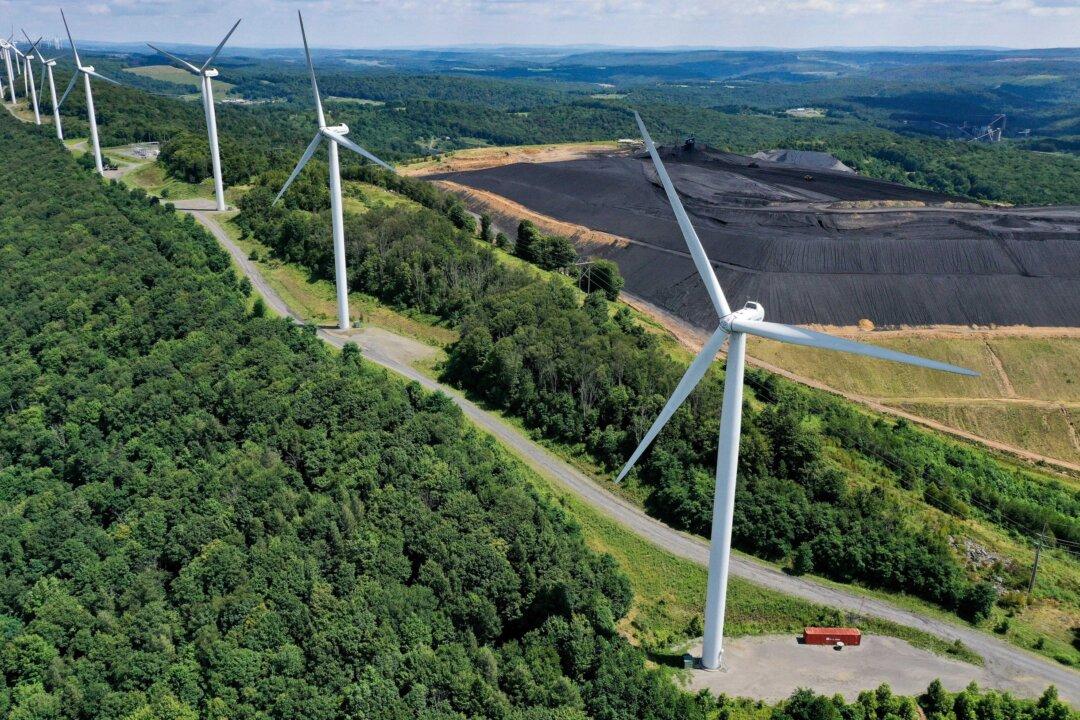As the shape of the future New Zealand government continues to form, a swathe of policies will likely come under the microscope or face the chop altogether.
Party leaders are still waiting for the postal vote count from the Oct. 14 national election to conclude, with questions remaining over whether the centre-right National Party can govern with its preferred coalition partner, the libertarian ACT party, or whether it will need to also link up with the nationalist New Zealand First.





